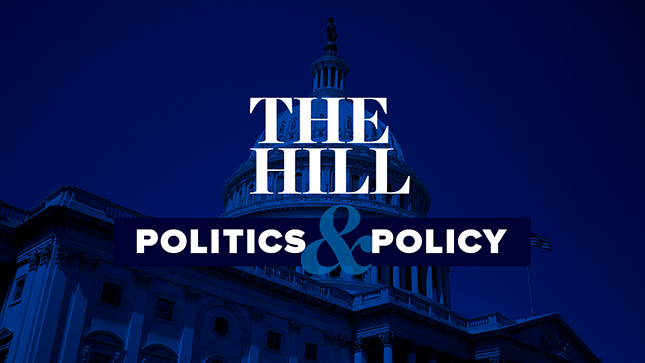This piece originally appeared in the The Hill on September 16, 2020.
Can the government put words in your mouth? The Constitution says no, but some politicians say yes. Their latest scheme twists political ad disclaimer laws into something almost unrecognizable. Once a simple matter of identifying yourself to viewers, Americans now often face impossible requirements when speaking about an election on television or radio, in the newspaper, or online.
Ad disclaimers are supposed to tell viewers or listeners who is attempting to persuade them. Even straightforward disclaimer requirements can raise constitutional concerns because they compel speakers to voice a government message. But throwing caution to the wind, states and localities are increasingly mandating lengthy, complex, and confusing disclaimers that run roughshod over the First Amendment.
Just ask San Francisco political activist Todd David. He formed the group Yes on Prop B to support a local ballot initiative on earthquake and disaster preparedness. Yet City law made it nearly impossible for the group to run ads by requiring them to carry a 28-second disclaimer. David, who is challenging the law with help from the Institute for Free Speech, asked, “How are groups supposed to communicate with voters if their ads are eaten up by a disclaimer?”
When disclaimers consume such large portions of ads, it becomes more expensive to communicate to voters. The smallest and cheapest forms of advertising become impossible or impractical to use, harming small, cash-strapped groups. What may seem like a minor inconvenience can effectively silence the group’s message.
Adding insult to injury, states and localities often require ads to include redundant and misleading information, like the names of a group’s donors or their donors’ donors. Government usurping the speech of citizens is bad enough. Forcing them to publish donor names that are already freely available in public records and then saddling them with the extra expense really takes the cake.
There is no good rationale for such an overwhelming burden. Disclaimer laws that require groups to provide donor information, all of it already public and some of it misleading, leave viewers more likely to be overwhelmed than informed. San Francisco requires campaign advertisers to report up to 15 separate contributors, including individuals who never gave to the group buying the ad. In what Bizarro world does identifying people who have nothing to do with the ad in question help voters?
How is this policy fair? If you give to Group A, then Group A gives to Group B, why should your name be plastered on the ads of Group B? You likely had no way of knowing Group A would give to Group B. Group B may not have even existed at the time of your donation. To avoid having your name on Group B’s ads, you would have to know Group A’s future intentions or not give at all.
Americans have the right to donate to political causes without being associated with every group that ever intersects with that cause. This is especially important in our current climate, where it’s all too common for citizens to be targeted and harassed for their politics. San Francisco’s law adds to the danger by exposing people to possible repercussions over speech they have nothing to do with.
Laws like these create confusion, discourage individuals from contributing to groups they would otherwise support, and chill speech. Sadly, San Francisco is not alone in mandating unconstitutional-and increasingly wacky political ad rules. On the other side of the country, Massachusetts requires a group’s CEO to appear on camera to read a script, potentially biasing viewers on the basis of the CEO’s appearance or age.
Government cannot force citizens to jump through arbitrary hoops to speak. Policymakers should keep disclaimers short, simple, and clear to avoid discouraging speech and misleading voters. A straightforward “Paid for By” disclaimer would do the trick. In the meantime, disclaimers that make it impossible to speak should be repealed or struck down. Those who want to put their words into other people’s mouths should become a screenwriter or a playwright, not a politician.














